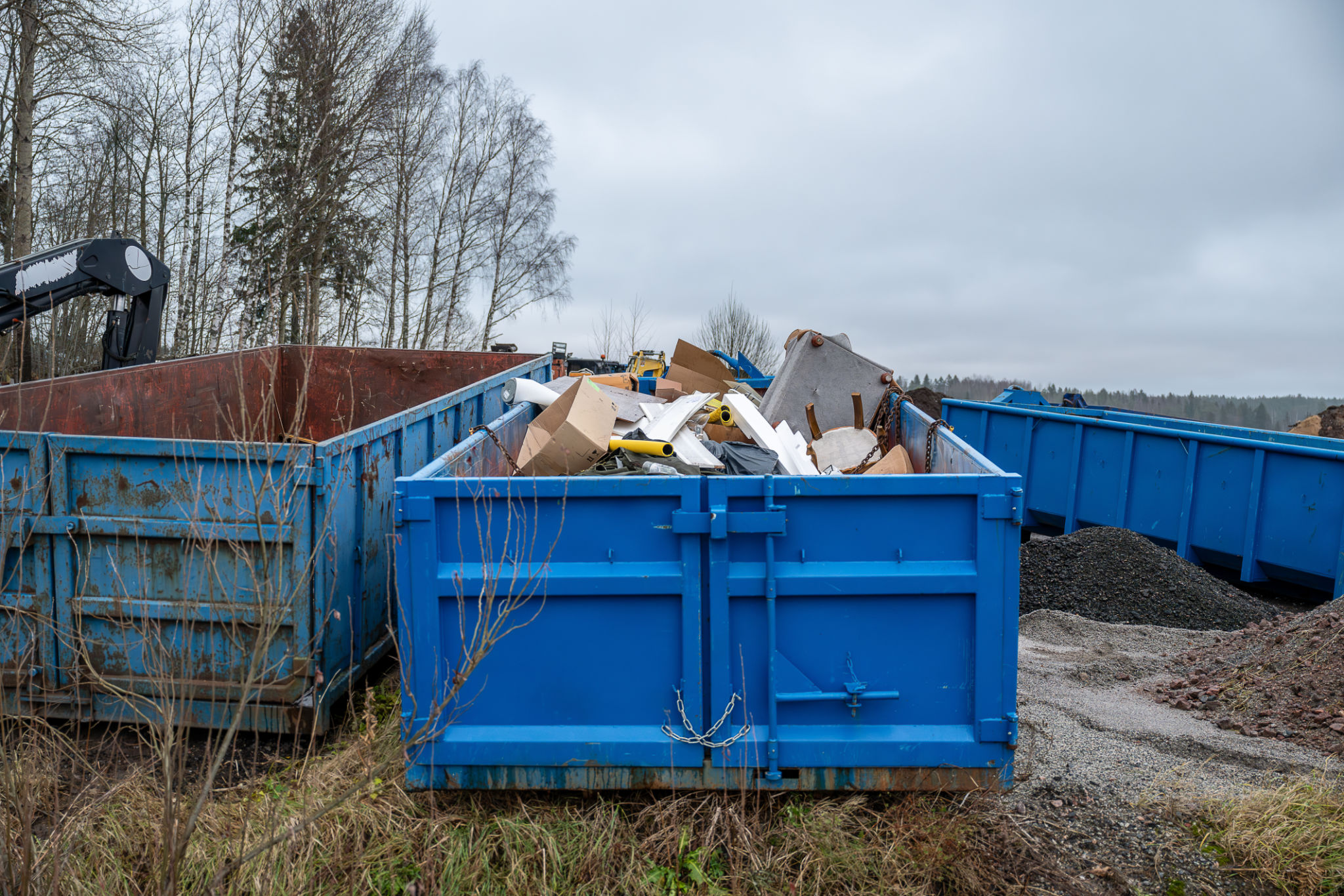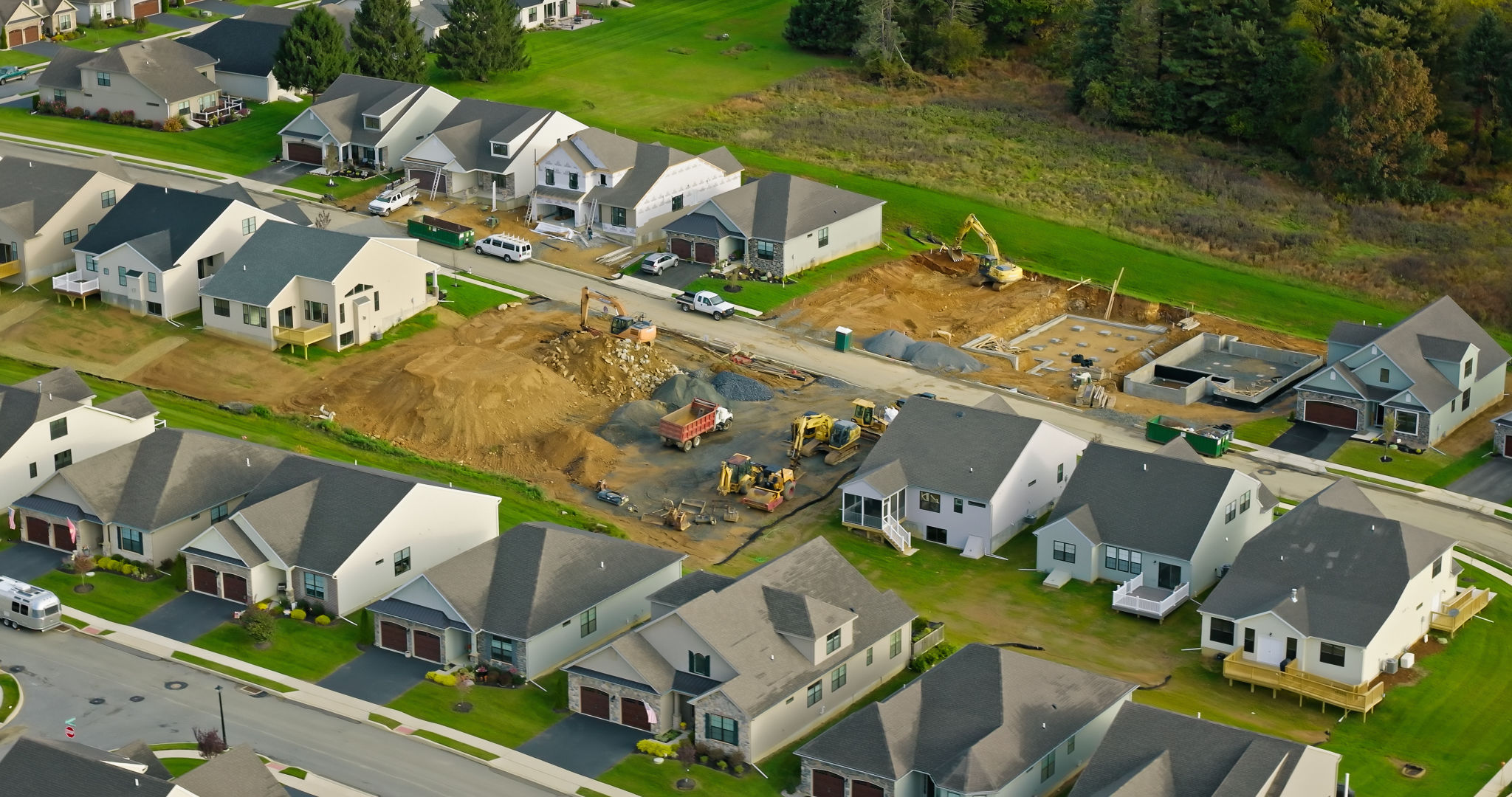How to Efficiently Manage Waste for Your Construction Project
Understanding the Importance of Waste Management in Construction
Managing waste efficiently is a crucial component of any construction project. Not only does it help in reducing environmental impact, but it also contributes to cost savings and compliance with regulations. Construction sites generate significant amounts of waste, and without a proper waste management strategy, this can lead to inefficiencies and increased project costs.
Effective waste management involves planning, reducing, recycling, and disposing of construction waste in a manner that minimizes its impact on the environment. Implementing a well-structured waste management plan ensures that resources are used efficiently and that waste is disposed of responsibly.

Planning Your Waste Management Strategy
The first step in efficient waste management is to develop a comprehensive plan. This should be done during the initial stages of your project. Your plan should include identifying types of waste that will be generated, potential recycling opportunities, and strategies for minimizing waste production. It is essential to set realistic waste reduction goals and determine the resources needed to achieve them.
In addition, consider the logistics of waste collection and disposal. Partnering with reputable waste management companies can provide valuable expertise and resources to handle your project’s needs. Establish clear communication channels with your team to ensure everyone is aware of their roles in the waste management process.
Reducing Waste at the Source
One of the most effective ways to manage waste is by minimizing its creation. This can be achieved by carefully selecting materials and using efficient construction techniques. Opt for materials that are reusable or recyclable, and strive to order only what is necessary to avoid excess.
Implementing efficient construction practices such as just-in-time delivery can also significantly reduce waste. Additionally, training workers on waste reduction techniques ensures that everyone involved in the project understands the importance of minimizing waste from the start.

Recycling and Reusing Construction Materials
Recycling plays a vital role in managing construction waste. Many materials, such as concrete, metals, wood, and asphalt, can be recycled and reused. Establish a sorting system on-site to separate recyclable materials from non-recyclable ones. This makes it easier to manage and reduces the amount sent to landfills.
Incorporate creative reuse strategies to give new life to old materials. For example, repurposing old bricks or wood can add unique features to your project while reducing waste. Work closely with local recycling facilities to understand their requirements and capabilities for handling construction materials.
Ensuring Compliance with Regulations
Construction projects must adhere to local, state, and federal regulations regarding waste management. It is crucial to stay informed about the laws that apply to your project to avoid potential fines or legal issues. Regularly review your waste management practices to ensure they align with current regulations.

Documentation and record-keeping are essential components of compliance. Maintain detailed records of waste disposal methods, quantities, and recycling efforts. These records not only demonstrate compliance but can also help identify areas for improvement in your waste management strategy.
Monitoring and Continuous Improvement
Effective waste management is an ongoing process that requires continuous monitoring and improvement. Regularly assess your waste management plan's effectiveness by reviewing performance metrics and gathering feedback from your team. Identify any areas where improvements can be made and adjust your strategies accordingly.
Encourage innovation and seek input from all stakeholders to enhance your waste management processes further. By fostering a culture of sustainability within your construction project, you can achieve greater efficiency and contribute positively to the environment.
